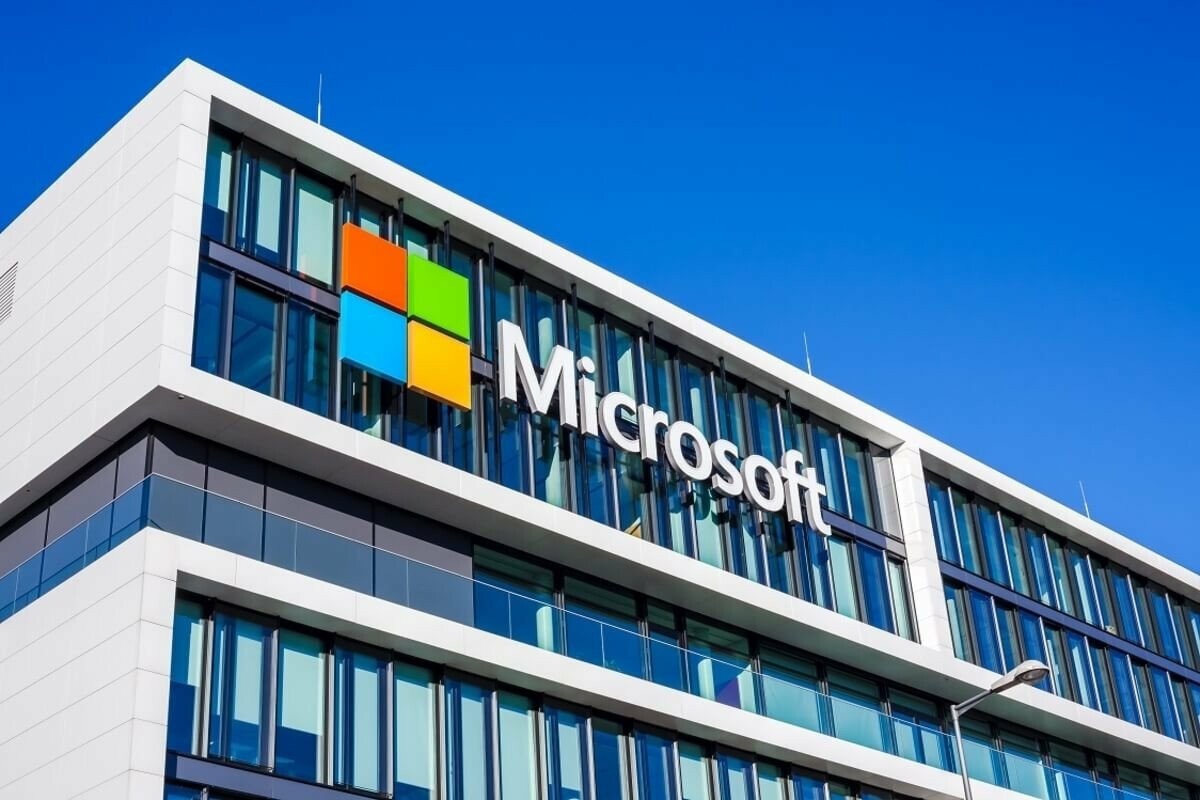Microsoft has been quietly testing a built-in non-custodial cryptocurrency wallet for its Edge browser.
According to screenshots shared by software researcher Albacore, Microsoft is experimenting with a built-in non-custodial crypto wallet that can be used for crypto payments or as a gateway to DeFi and Web3 applications.
The screenshots further depict a user interface for a cryptocurrency wallet, a decentralized application explorer, a news feed, and the ability to buy cryptocurrency through Coinbase and MoonPay.
“This is a non-custodial wallet, meaning you are in complete control of your funds. We will not have access to your password and recovery key. It is embedded in Edge, making it easy to use without installing any extension,” Microsoft says during the onboarding process.
While the wallet’s introductory pages do not indicate which cryptocurrencies are supported, one screenshot shows that users will have the option to manually add custom tokens.
The screenshots suggest users would also be able to buy and browse NFTs across major marketplaces with the wallet. “Browse different marketplaces to find your first NFT, as you build your collection of NFTs, we’ll organize them here,” the page related to NFTs reads.
Microsoft has not officially announced the wallet project.
The experiments with a crypto wallet come as Microsoft has been involved with the crypto space in numerous ways. Specifically, the tech giant has shown great interest in the metaverse.
However, Microsoft has recently discontinued its Industrial Metaverse Core team, a four-month-old project aimed to encourage the use of the metaverse in industrial environments. The company also laid off employees working on the project, which amounts to about 100 people.
More Browsers Offer Crypto Wallets as Adoption Grows
Microsoft Edge is not the first web browser to include a crypto wallet. A number of other major web browsers have recently added support for built-in crypto wallets as adoption grows.
Opera has been supporting cryptocurrency since 2018, initially adding the feature on mobile before extending it to the desktop in 2019. More recently, the browser strengthened its push into crypto by adding browser wallet support for multiple new blockchain networks, including Bitcoin (BTC), Solana (SOL), Polygon (MATIC), and Ronin (RON).
Similarly, Brave has had its own crypto wallet known as the Brave Wallet built into it since November 2021. The wallet supports all Ethereum Virtual Machine (EVM) compatible blockchains and Ethereum Layer 2 chains with both standard ERC-20 tokens and NFTs on the ERC-721 standard.
In January last year, the browser said it had passed 50 million monthly active users, with more than 8 million users actively earning rewards in the form of BAT tokens.
This puts Brave well behind Opera in terms of overall popularity, but given that the browser only launched in 2017, user growth has undeniably been strong in recent years.
Meanwhile, users of other browsers like Mozilla, Firefox, and Google Chrome can install third-party cryptocurrency wallets such as Metamask to be able to use Web3 applications.

